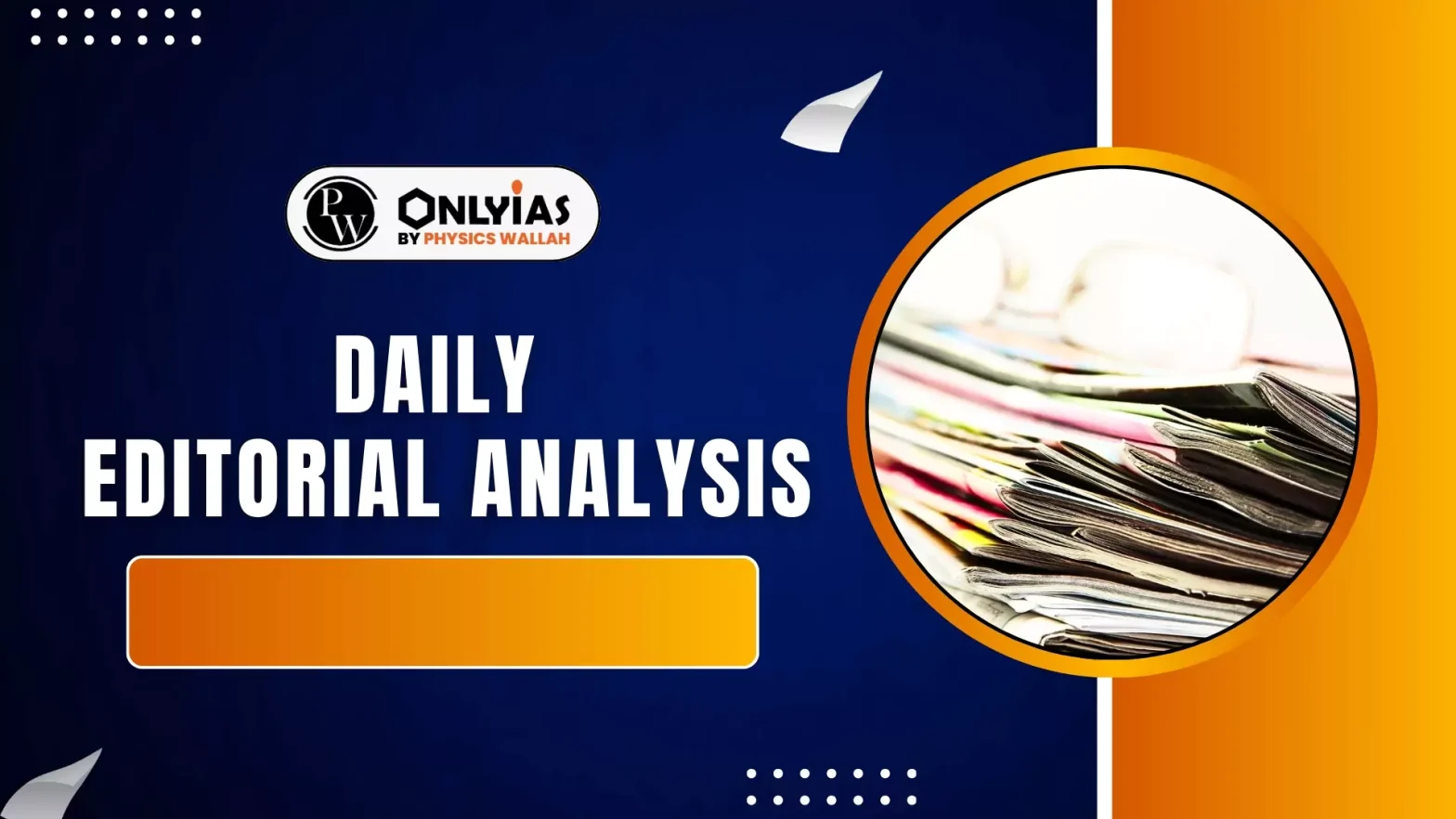![]() 30 May 2025
30 May 2025

The position of the Deputy Speaker has been lying vacant for the last six years raising questions on constitutional adherence and democratic resilience.
Academia should educate the public on the importance of the Deputy Speaker and build momentum to create political cost for continued violations
| Mains Practice Question: |
|---|

<div class="new-fform">
</div>